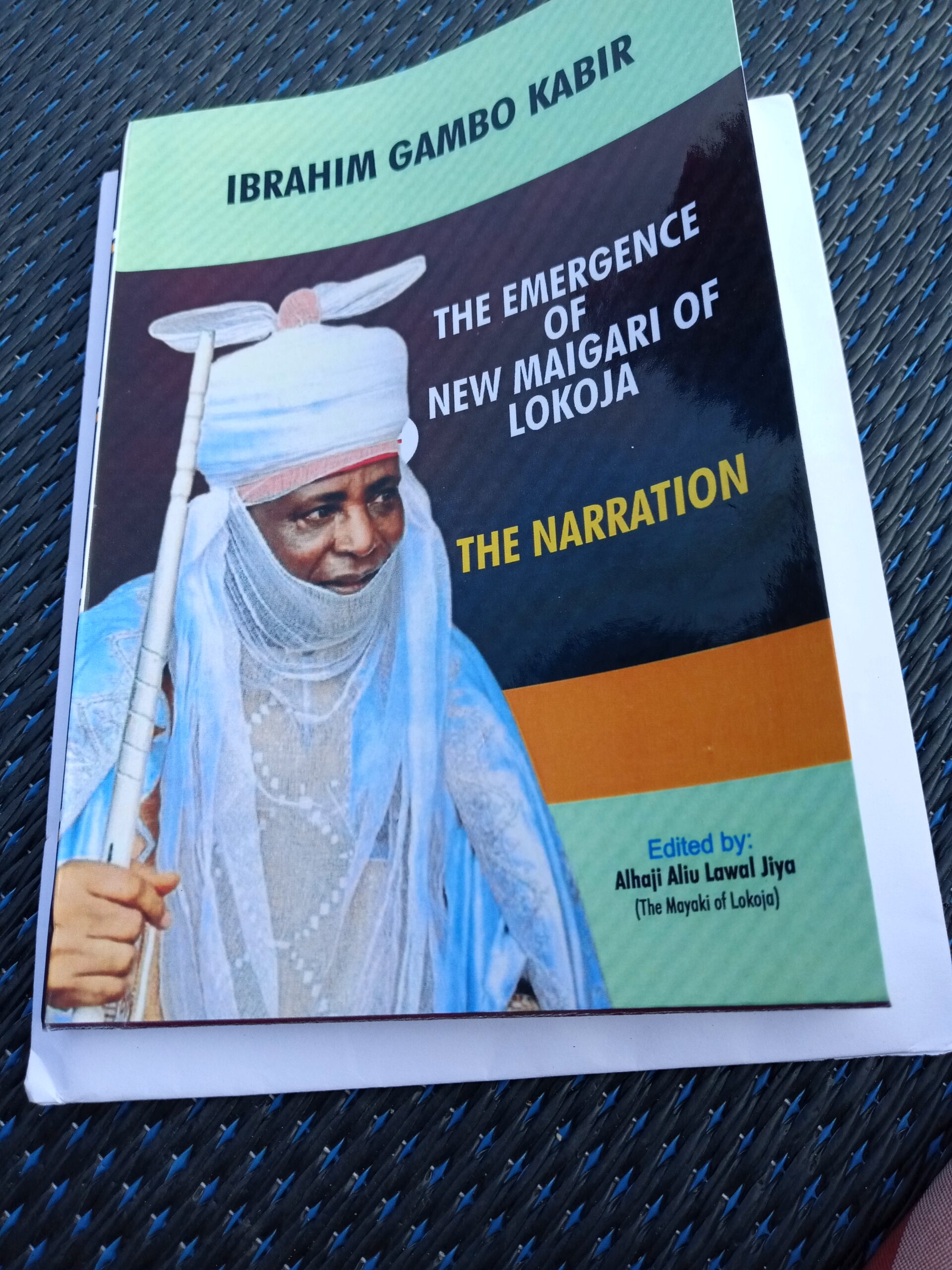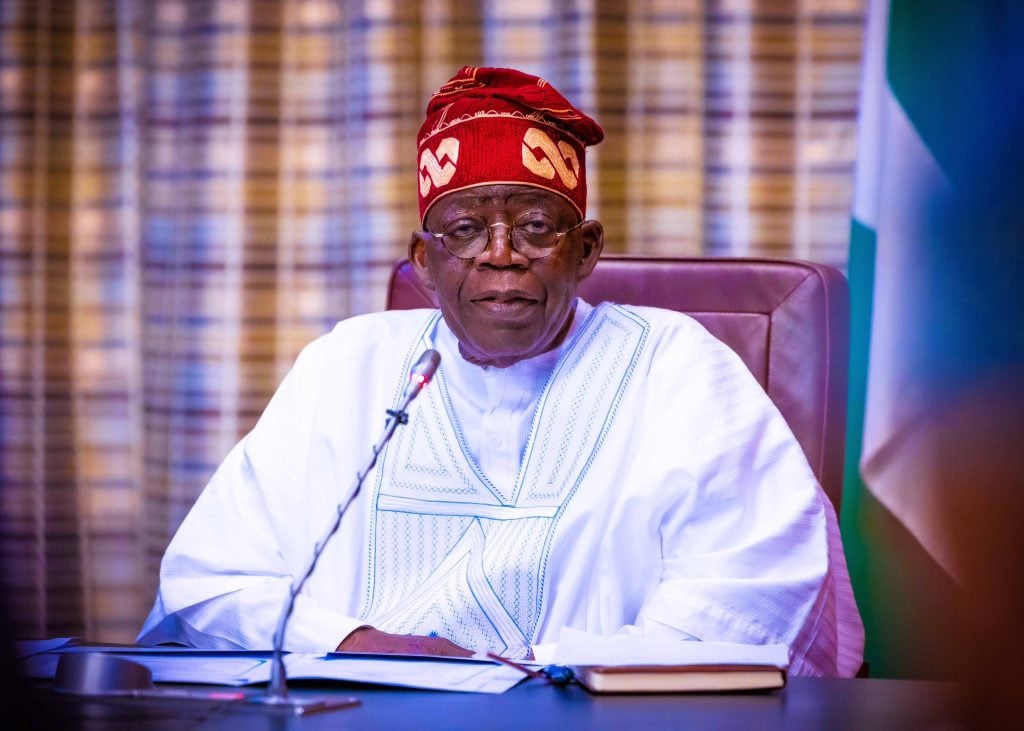
By Michael Jimoh
I’ve got larceny in my blood. I’d take it in a goddamn minute.” So did onetime U.S. Congressman, John Jenrette, declare enthusiastically when asked if he would, by any means, use his office as a member of the House of Representatives to receive bribe. Mr. Jenrette was thereafter offered and received $50, 000 for his assistance in setting up a business venture proposed by a supposedly wealthy Arab Sheik named Abdul.
The business proposal turned out to be a scam for, in reality, it was a sting operation carefully planned and masterfully executed by the FBI to nail bent politicians in Congress. The Arab businessman was neither Arab nor Abdul. He was an American, an FBI agent. Along with several others, Jenrette was audio- and video-recorded receiving money from the law enforcement agents at different times and venues.
No fewer than half a dozen pols were thus entrapped, including a senator and mayor. Known thereafter as Abscam, it remains one of the most infamous incidents of corruption among politicians in American history.
If you polled most Nigerians on how they rate politicians in their own country, they will readily agree that Mr. Jenrette is in good company: there is larceny in the blood of most politicians around here from as long as anyone can remember up until this very moment. Like Mr. Jenrette, Nigerian politicians also do not hesitate to purloin public funds when the opportunity presents itself. It is a game that has been on for years and will continue for some time to come.
Unlike Jenrette’s however who was seduced into accepting a bribe, Nigerian politicians sometimes make propositions to those they hope to receive from. Among top civil servants and even politicians themselves, it has a name: “Business as usual.”
The recent trial and conviction of former House of Representatives member, Mr. Farouk Lawan, is a classic case. Rather than be induced into taking bribe, Mr. Lawan demanded for one and, in the process, presented himself as a sacrificial lamb.
The story is much known everywhere, from when the subsidy scandal blew in the lawmaker’s face in June 2012 through the trial to conviction and sentencing only last week.
Sometime in June of 2012, according to reports, the petite pol who was chairman of the House Committee on Oil Subsidy met and demanded $3m from chairman of Zenon Oil, Femi Otedola, claiming that the latter’s company is one of many scamming the Federal Government in that sector.
While the committee was conducting a sitting on companies that defrauded the FG through oil subsidies, and as the almighty chairman of the committee, with forefinger on his cheek and thumb on his chin, Lawan probably felt there was a pile to be made from some of the companies. He set his eyes on Otedola. Off he went and then laid his cards on the table before the businessman.
Of course, any CEO worth his Drucker should know the company he oversees inside out – the profit margin, debts and liabilities, prospects, the number of employees, and where they have defaulted. Otedola was up to speed in all that. He also knew the allegation the lawmaker made against his company was false. What to do?
Consult a few friends and the security agents, this time the DSS. Stunned beyond words, the DSS may have wondered if it was ever true.
Spare like an ascetic mullah with a disciplined physique to match, Lawan was seen as a cut above the rest of corruptible politicians in the House. It was not for nothing he was called Mr. Integrity, and he looked it.
Where some of his colleagues had disappearing necklines with barely swinging arms far from their midriffs, the petite pol maintained a disciplined physique common with those in the military. Besides, his relation with the press was going swimmingly. He was everyone’s darling, often outspoken and articulate thus making him look like a prototype of a new breed of public servants Nigerians were looking forward to seeing occupy public office.
So, when Otedola told his incredible story to the DSS, they must have been shocked to no end. Who is fibbing and who is telling the truth? Is it the businessman or the lawmaker?

From what has been said and reported, the DSS concocted a plan and asked the businessman to play along. It worked so splendidly Nigerians were simply stunned when it emerged that Mr. Lawan had, indeed, demanded and received a bribe from the oil magnate. It was even so ludicrous that the lawmaker was alleged to have stuffed bricks of dollars in his cap after lining his pocket.
Like the FBI sting in 1978, Lawan was recorded – audio and video. By the time it first came out that Mr. Integrity had demanded for and received money from the oil man, Nigerians were split along two divides: those who rooted for Otedola’s story and those who felt the incorruptible lawmaker’s image was unfairly tarnished. But with substantial evidence by the DSS, it was a watertight case against the lawmaker though he tried all he could to deny, or put away, the charge as politically motivated.
Nigerians and the rest of the world now know better. It isn’t that Nigerians trusted pols one jot. Never! Still, exceptions have been made in the past for some of them. Farouk Lawan once belonged there. Not anymore, as he began his seven-year trip to the slammer early last week.
Michael Jimoh is a journalist, he writes from Lagos










